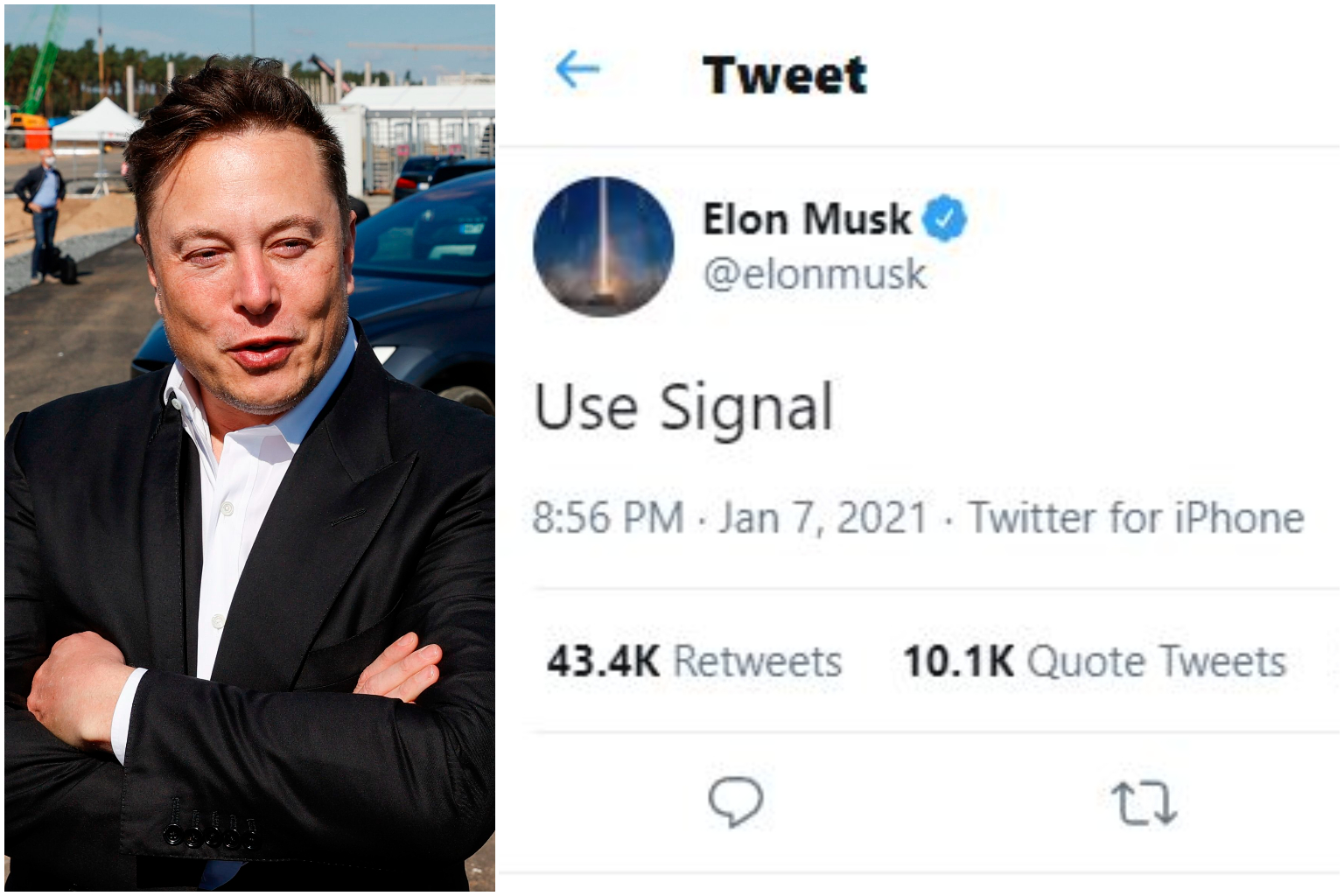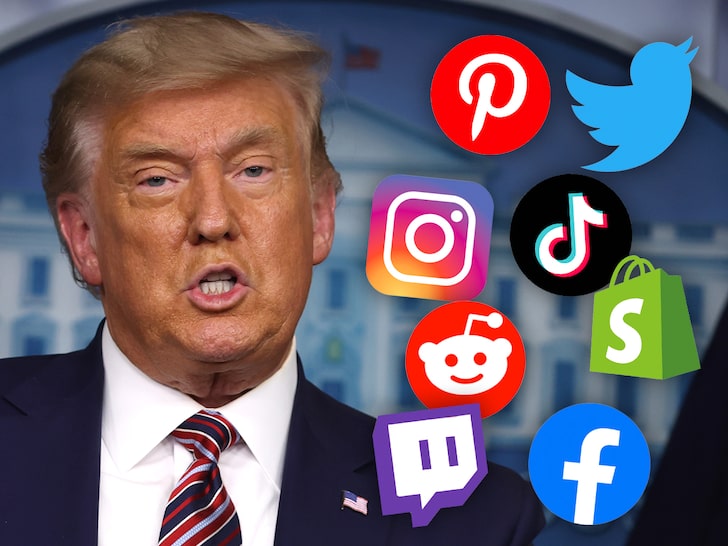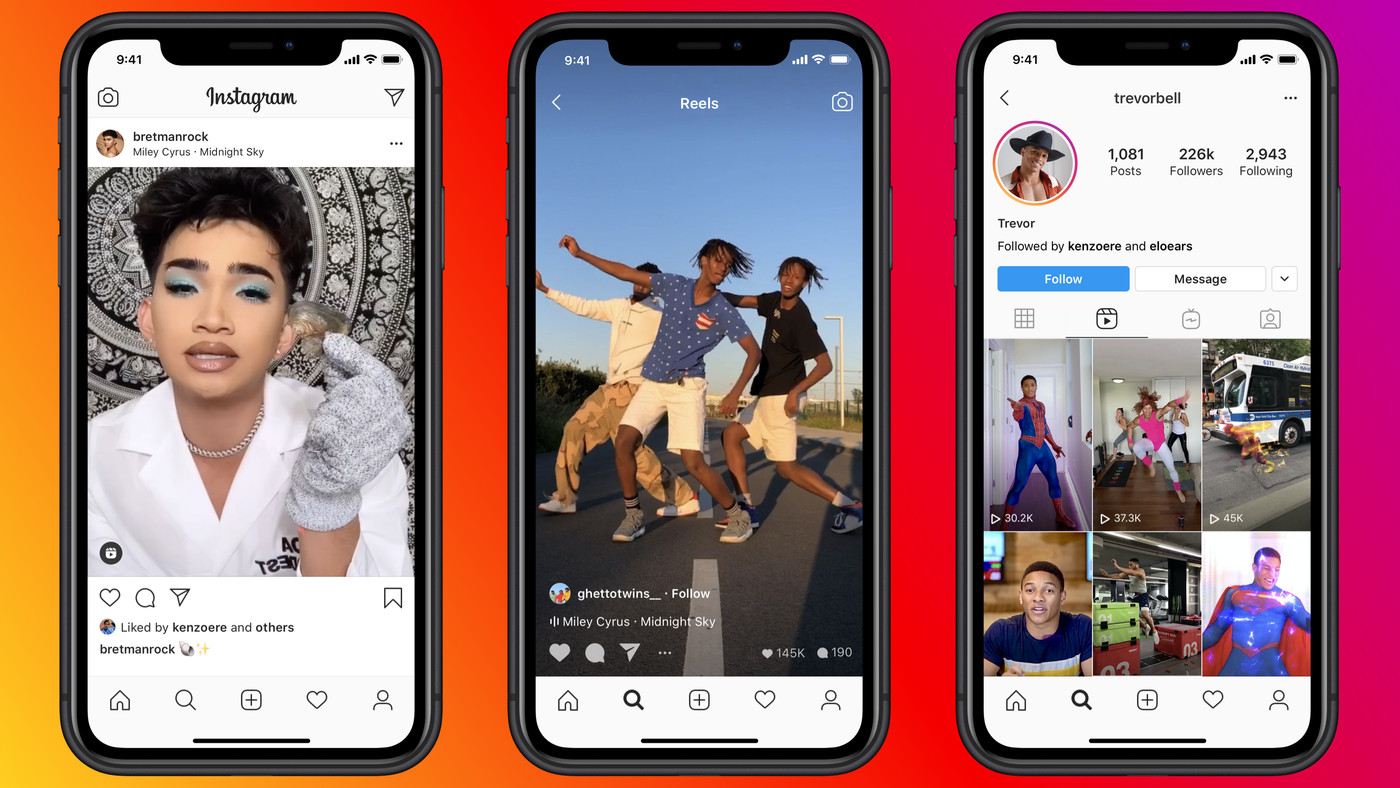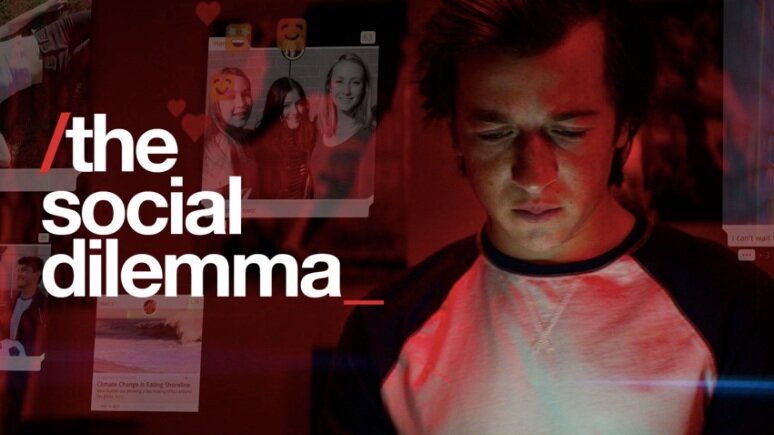
2021 began. Although I don't quite see it. Anyway: with a new year often comes resolutions. Lose weight, gain weight, exercise. I made a resolution to use social media more. Yeah, you read that right. Not less, but more. Why?
Needless to say, last year was fundamentally different. It was the most digital year we've ever had. Everything was done online - from buying shoes to ordering dinner to communicating with our loved ones. People spent more time in virtual space than ever before. And that space has changed. It started to evolve much faster than before and it became challenging to navigate this segment. Because digital marketing feeds me, I focused even more on keeping up with all the latest news and trends in social media. Several events have caught my attention over the last 12 months, let me summarise them from my perspective:
You've certainly noticed the event of the last few weeks. The WhatsApp platform has announced a modification to its privacy policy where it will share some of its users' personal information with Facebook. He WhatsApp is owned by Facebook, so the move is not surprising. What is surprising is the reaction from users. Elon Musk on his Twitter account urged his followers to switch en masse to Signal. And they listened. The most interesting thing about all this is that a supermajority of all WhatsApp users are also Facebook users. Facebook already has their data, and so their departure from WhatsApp makes little sense. It's the same as a lot of people taping over the camera on their laptops so that their privacy isn't invaded. But the same people look at a smartphone that has the exact same camera for 8 hours a day and don't mind it at all. Hm.

(Photo: Twitter @elonmusk)
Trump ban
Donald Trump is leaving. Totally involuntarily. Both from the office of President of the United States and from all social media. The vast majority of operators banned Trump because he consistently broke their rules. There are many voices saying that this is a violation of free speech. And that even unverified information, conspiracy or untruth can be an opinion. And it's not good to filter those opinions. Whether it is or not, I don't think I can say. What I can judge is that every playground has rules. And if you break those rules, you get thrown out of the game. And the rules are set by the course operator. You got a problem with that? Change the course. If you get kicked off every course? OK, I guess it's not the course's fault.

(Photo: TMZ)
Clubhouse
Such a slightly different club. New social networks spring up like mushrooms after a rain, and usually disappear just as quickly. Usually because they don't bring anything new. The exception so far seems to be Clubhouse. A new social network that is still in beta mode, but is already being written about and talked about on many fronts. You don't share photos, you don't share texts, you don't post videos. The only medium is voice. You find a topic you're interested in and enter a room where that topic is discussed. Live and in audio only. So you're not consuming empty content. The time spent here has informational value. In order to ensure high quality and interesting content, the Clubhouse operates for the time being by invitation only from members already signed up. I'm there and I'm testing ;-)

(photo: my Clubhouse)
TikTok
The phenomenon itself. The complete opposite of Clubhouse. You only go to Tiktok when you're resigned to throwing your time out the window. And basically, nothing against it. We all need to turn our brains off sometimes. Just stare blankly at the screen. But what fascinates me most about TikTok is the lack of advertising. TikTok is owned by comrades in China, so there's no problem with some working capital. The most important thing is to attract as many users as possible. The most logical thing (at least financially) would be to show advertising to these users and make money. However, this is not happening. Companies cannot buy advertising on TikTok in the standard way. Instead, TikTok just collects user data and ... and? And what else? We don't know. It's still a young social network, but I'd be willing to bet that the comrades in China have some specific intent with this data. What is it? Let's see.

(photo by Czechcrunch)
Reels
However, the phenomenon of short videos that TikTok has set up is not leaving the competition in peace. Last year, Instagram introduced the novelty of Reels. Creating short videos that are strikingly reminiscent of TikTok's. It can add effects, text, augmented reality, music and more. These 30-second clips are then shown in a separate Reels tab, in the feed or in Stories. Reels has been live since August 2020 and has gained a lot of popularity. But will Instagram manage to stem the outflow of users in the 13-20 age segment heading en masse to TikTok?

(Photo: Verge)
Social Dilemma
The world is divided into two camps. Those who have seen Netflix's Social Dilemma and those who haven't. Logic. The more important question is whether those who have seen this film have changed their social media behaviour. Respectively - it's not so much about changing their behavior as it is about being able to view this virtual world from a slightly higher perspective. Thanks to Social Dilemma, many users already know why Facebook is showing them certain content. But has it made them start to follow those pages and users who are on the other side of the opinion spectrum? So that Facebook's algorithm would start to offer them content other than that which fits their opinion? I don't know anyone like that. So the message is clear. Give a follow to those you disagree with. There can be nothing better than reading a different opinion. (I'm not counting Grandma's bun)

(Photo: Globe kennel)
By Jonáš Bláha
Telegraph social media
Digital marketing freelancer
(the views of the author do not represent those of the Telegraph)







